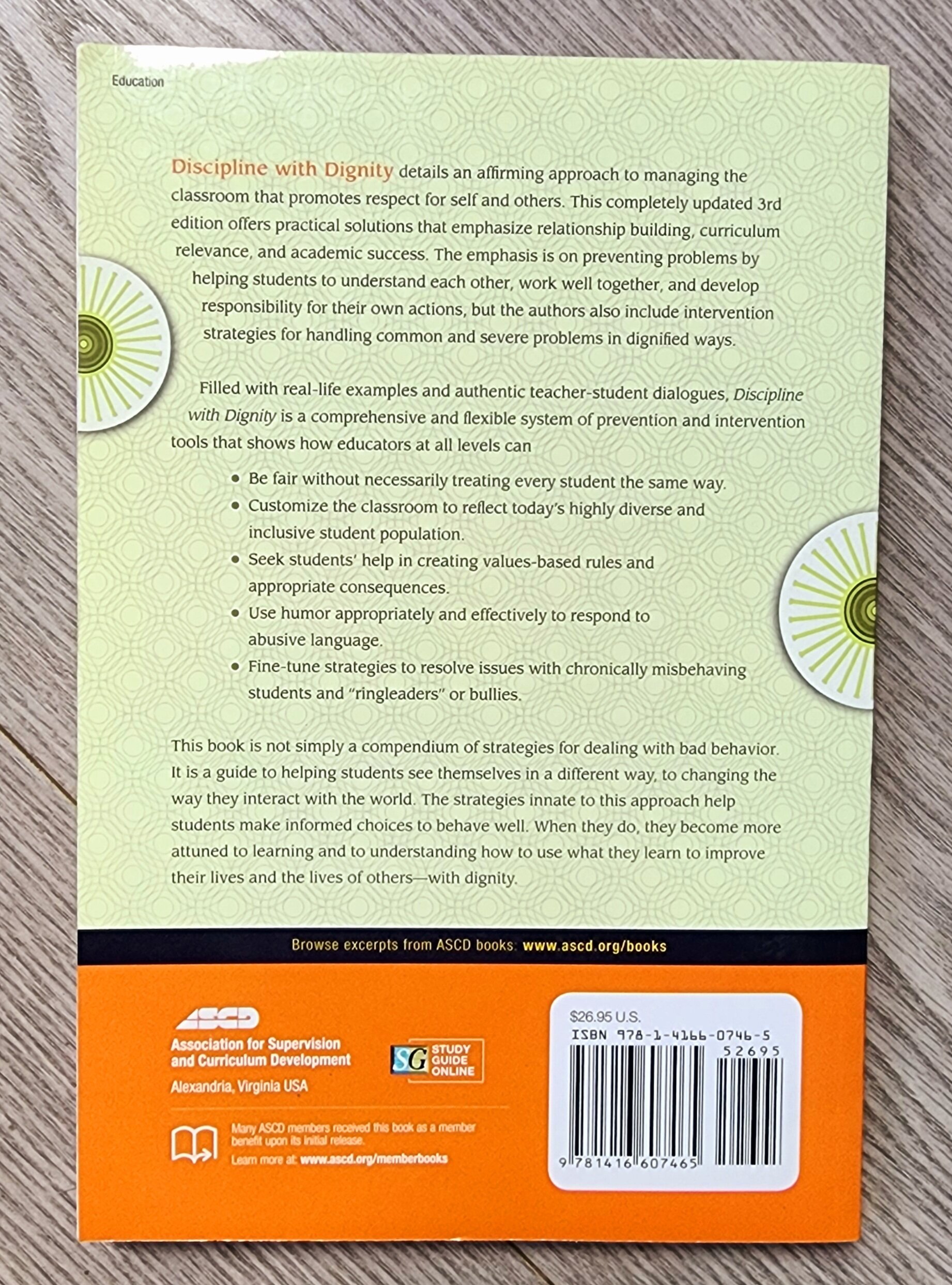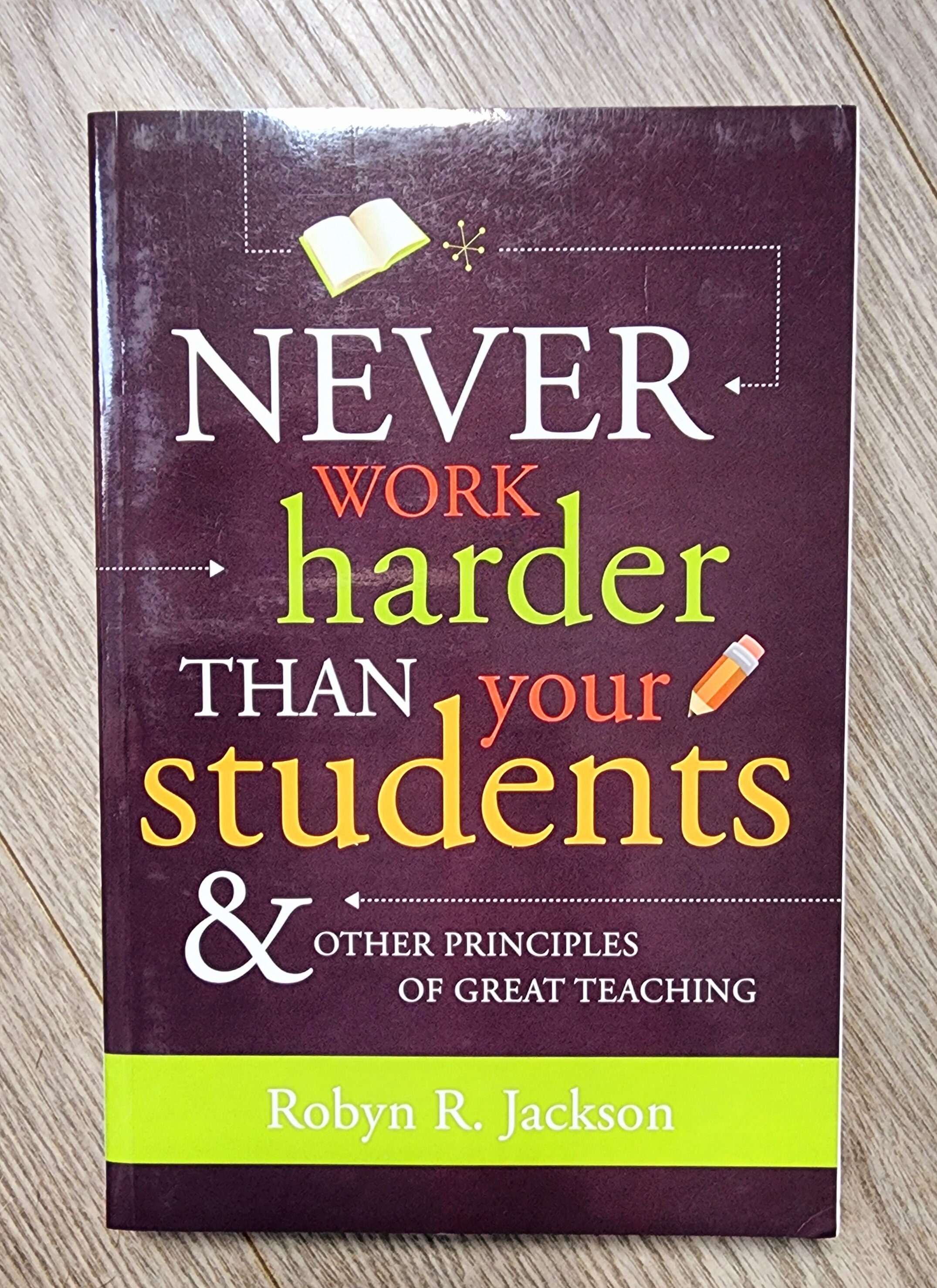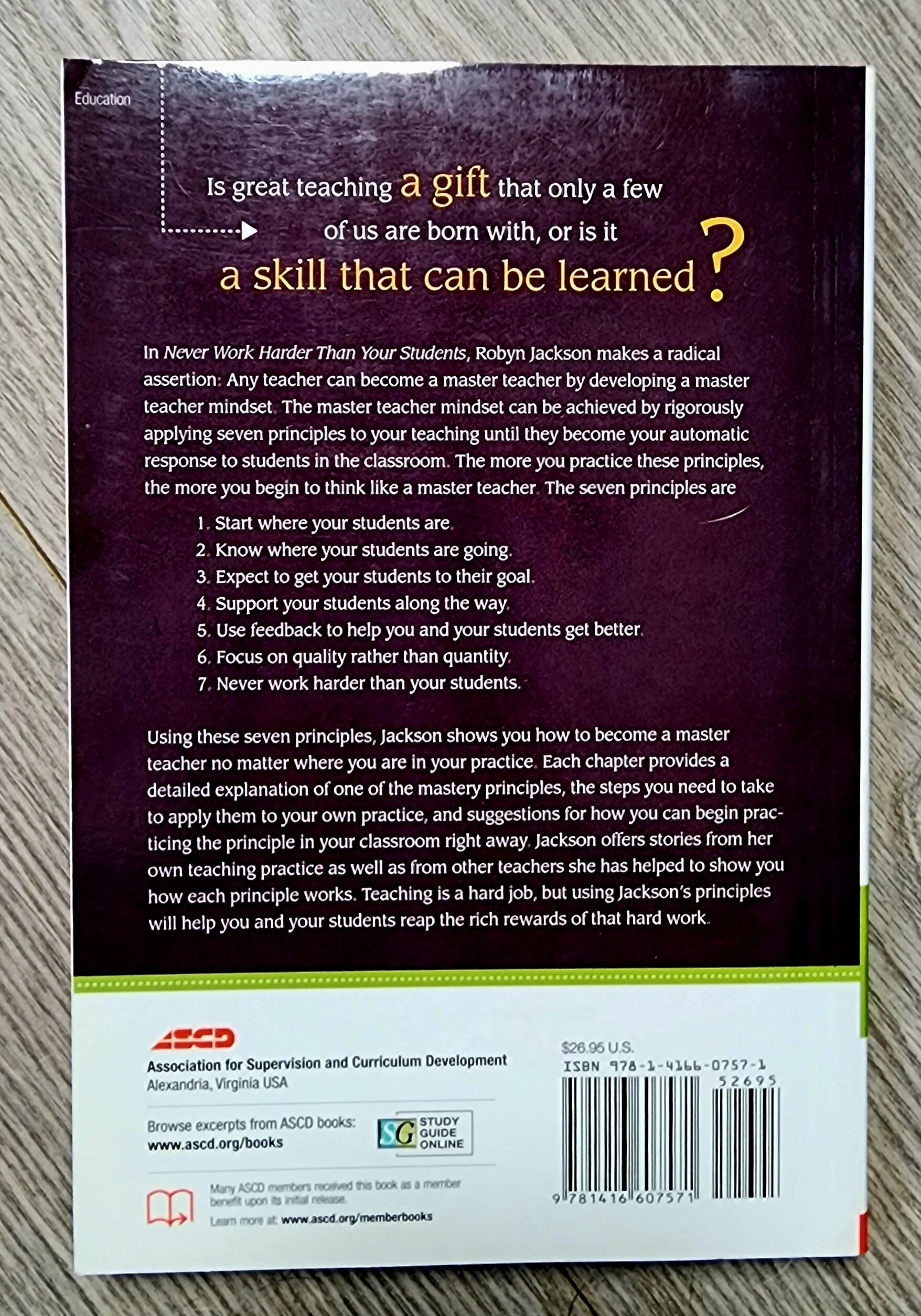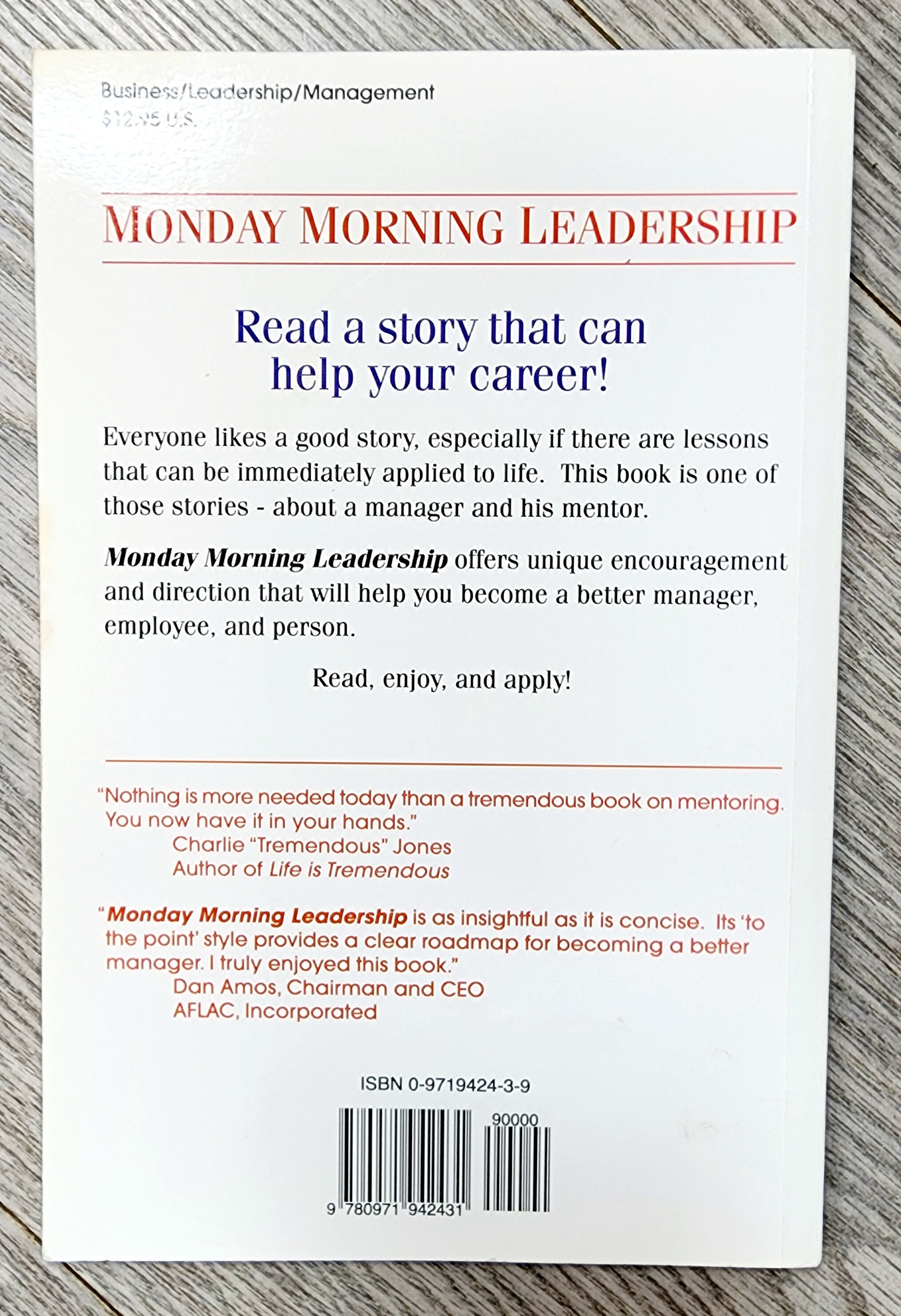 Image 1 of 2
Image 1 of 2

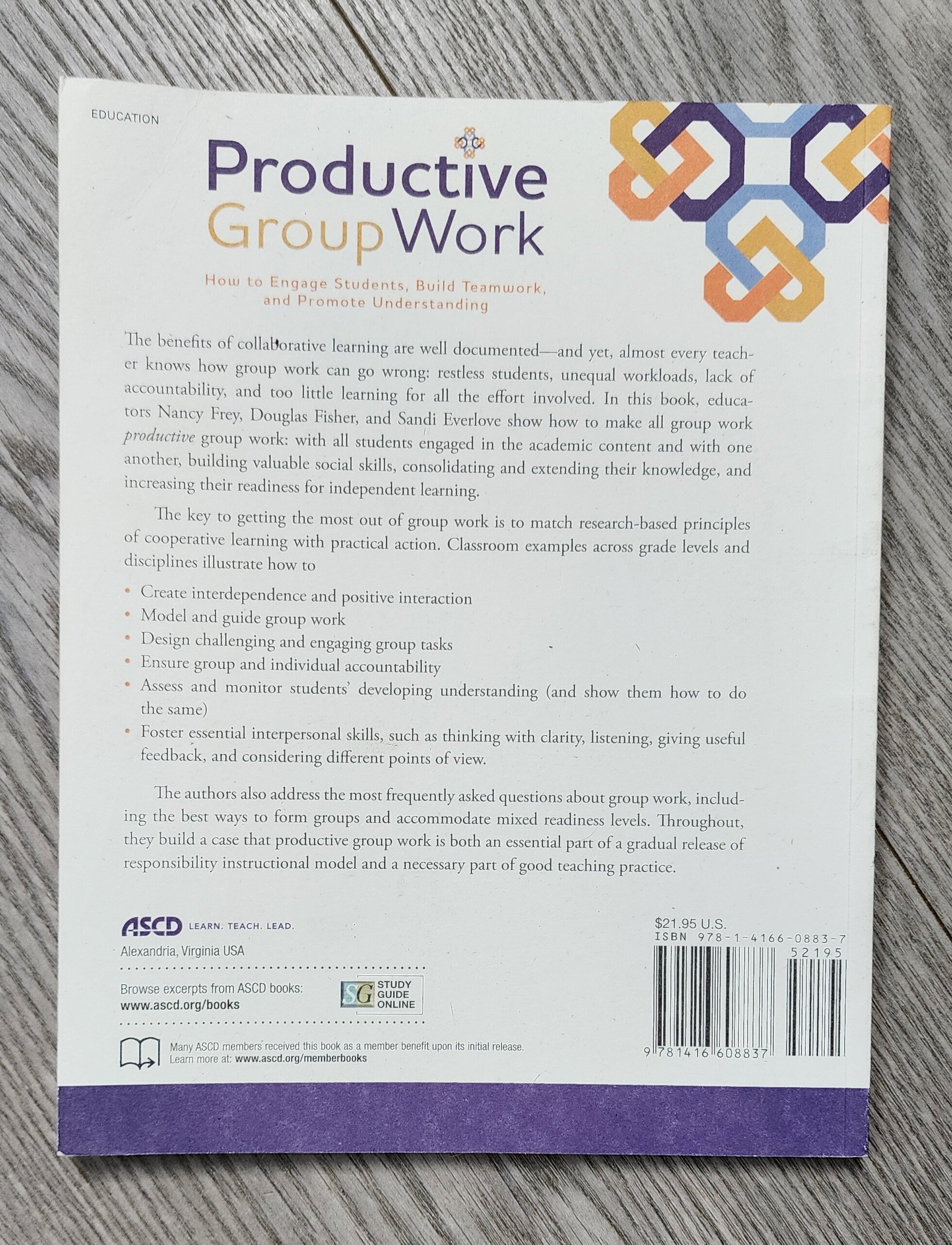 Image 2 of 2
Image 2 of 2



Productive Group Work: How to Engage Students, Build Teamwork and Promote Understanding
The benefits of collaborative learning are well documented—and yet, almost every teacher knows how group work can go wrong: restless students, unequal workloads, lack of accountability, and too little learning for all the effort involved. In this book, educators Nancy Frey, Douglas Fisher, and Sandi Everlove show you how to make all group work productive group work: with all students engaged in the academic content and with each other, building valuable social skills, consolidating and extending their knowledge, and increasing their readiness for independent learning.
The key to getting the most out of group work is to match research-based principles of group work with practical action. Classroom examples across grade levels and disciplines illustrate how to
* Create interdependence and positive interaction
* Model and guide group work
* Design challenging and engaging group tasks
* Ensure group and individual accountability
* Assess and monitor students' developing understanding (and show them how to do the same)
* Foster essential interpersonal skills, such as thinking with clarity, listening, giving useful feedback, and considering different points of view.
The authors also address the most frequently asked questions about group work, including the best ways to form groups, accommodate mixed readiness levels, and introduce collaborative learning routines into the classroom. Throughout, they build a case that productive group work is both an essential part of a gradual release of responsibility instructional model and a necessary part of good teaching practice.
The benefits of collaborative learning are well documented—and yet, almost every teacher knows how group work can go wrong: restless students, unequal workloads, lack of accountability, and too little learning for all the effort involved. In this book, educators Nancy Frey, Douglas Fisher, and Sandi Everlove show you how to make all group work productive group work: with all students engaged in the academic content and with each other, building valuable social skills, consolidating and extending their knowledge, and increasing their readiness for independent learning.
The key to getting the most out of group work is to match research-based principles of group work with practical action. Classroom examples across grade levels and disciplines illustrate how to
* Create interdependence and positive interaction
* Model and guide group work
* Design challenging and engaging group tasks
* Ensure group and individual accountability
* Assess and monitor students' developing understanding (and show them how to do the same)
* Foster essential interpersonal skills, such as thinking with clarity, listening, giving useful feedback, and considering different points of view.
The authors also address the most frequently asked questions about group work, including the best ways to form groups, accommodate mixed readiness levels, and introduce collaborative learning routines into the classroom. Throughout, they build a case that productive group work is both an essential part of a gradual release of responsibility instructional model and a necessary part of good teaching practice.
The benefits of collaborative learning are well documented—and yet, almost every teacher knows how group work can go wrong: restless students, unequal workloads, lack of accountability, and too little learning for all the effort involved. In this book, educators Nancy Frey, Douglas Fisher, and Sandi Everlove show you how to make all group work productive group work: with all students engaged in the academic content and with each other, building valuable social skills, consolidating and extending their knowledge, and increasing their readiness for independent learning.
The key to getting the most out of group work is to match research-based principles of group work with practical action. Classroom examples across grade levels and disciplines illustrate how to
* Create interdependence and positive interaction
* Model and guide group work
* Design challenging and engaging group tasks
* Ensure group and individual accountability
* Assess and monitor students' developing understanding (and show them how to do the same)
* Foster essential interpersonal skills, such as thinking with clarity, listening, giving useful feedback, and considering different points of view.
The authors also address the most frequently asked questions about group work, including the best ways to form groups, accommodate mixed readiness levels, and introduce collaborative learning routines into the classroom. Throughout, they build a case that productive group work is both an essential part of a gradual release of responsibility instructional model and a necessary part of good teaching practice.
Used—Good Condition



